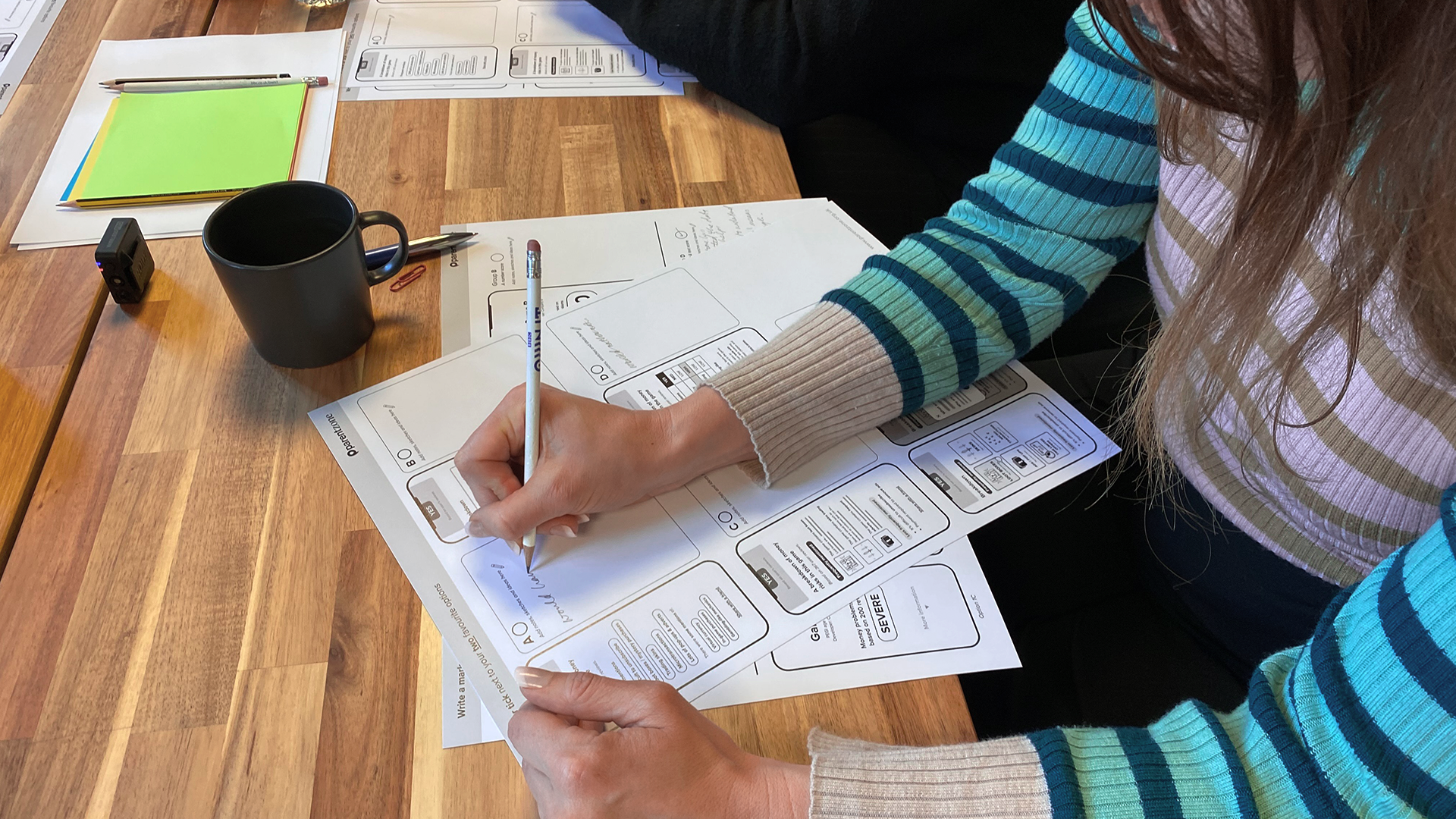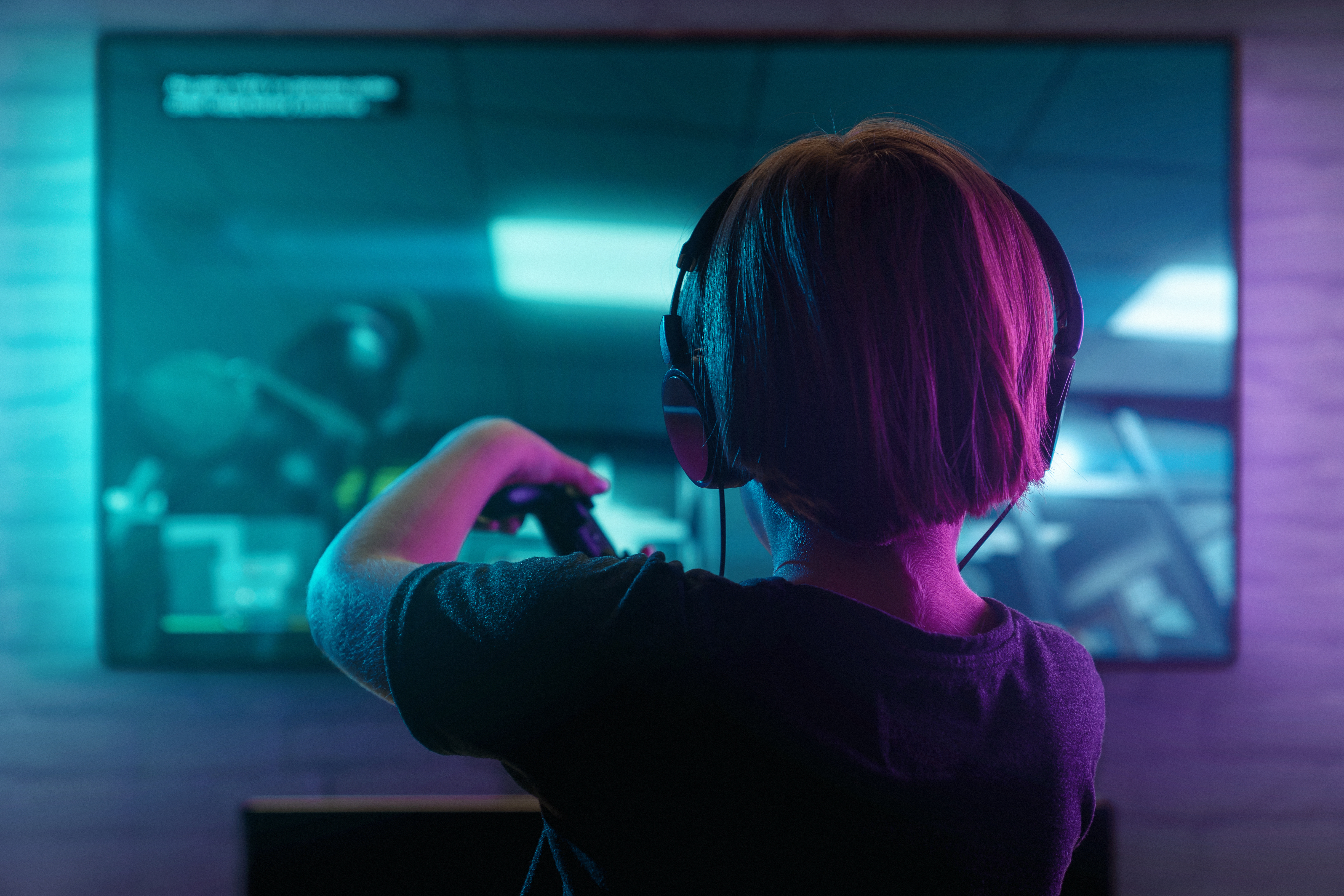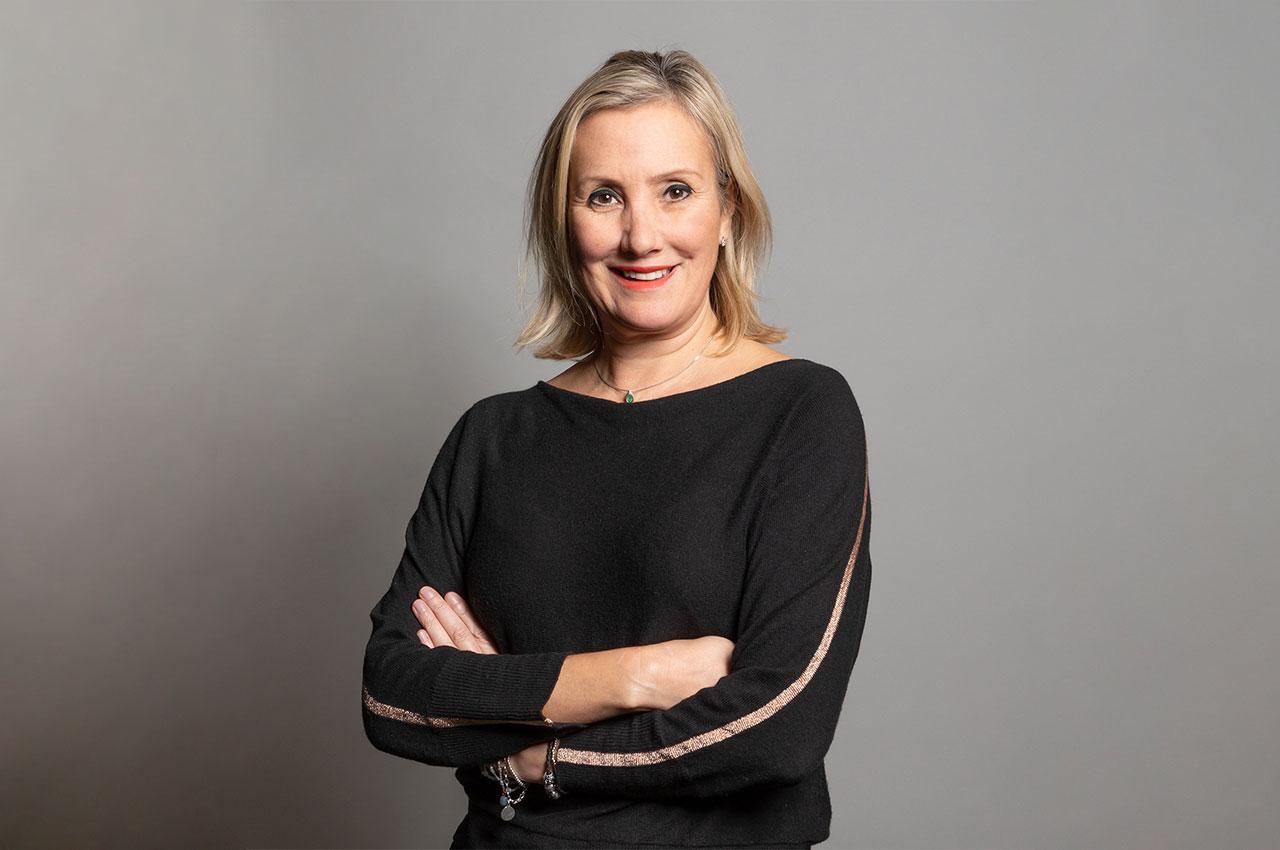"Empowering all citizens to make informed choices online"
Guest blog by Caroline Dinenage, former Minister for Digital and Culture.
![]()
Over the past 18 months, our work, social, school and family life have increasingly been lived through our phones, laptops and computers. The COVID-19 pandemic has highlighted to us all the important and positive role the internet plays in our lives, and we have relied on the online world like never before.
It’s natural for parents to worry about the safety of our children. We want to know that we are doing everything we can - and are equipped with the knowledge and skills - to keep our children safe online.
According to Ofcom, 40% of adult internet users do not have the skills to critically assess content online, and children up to the age of 15 are particularly vulnerable. Also, studies by the National Literacy Trust found that just 2% of children have the critical thinking skills needed to tell fact from fiction online.
The Government recently launched the Online Media Literacy Strategy which sets out a plan to support the empowerment of all citizens, including parents and children, with the skills and knowledge we need to make informed decisions online.
If you’re anything like me, you like to think you have a pretty good understanding of navigating the online sphere. However, online media literacy isn’t just about knowing how to use an app or how to scroll through website pages, it’s about having the skills to make the most of everything the internet offers in a safe way.
But how do we know how savvy we are online? There are some studies that indicate that people overestimate their information literacy skills.
As part of our work on the Online Media Literacy Strategy, we have created this interactive online quiz for you to test your online media literacy skills. We have also created a list of useful resources for you and your children to engage with to develop your online skills.
One focus of the strategy is the fight against the rise in disinformation and misinformation. Over the past 18 months, you may have seen false information on social media and other online platforms, with the promotion of everything from fake COVID-19 treatments to falsehoods about 5G which led to vandalism of telephone masts in a number of locations.
The strategy has set out a plan for how we will help to fight fake news by making everyone more resistant and resilient to it.
As part of the Strategy’s framework, we have set out the key skills that users need to address unwanted behaviour online and also tackle online abuse. By working with organisations in this space, we will be able to help young people access guidance and support and give them the confidence they need to feel they can speak out and report harmful content across platforms.
Alongside the strategy, we have also launched the first annual Online Media Literacy Action Plan, which sets out how we will be helping to upskill teachers, library workers, youth workers and carers to support citizens to make safer choices online.
This includes an exciting new ‘Train the Trainer’ programme, providing training to carers of disabled children and teachers. This will support professionals to teach others about media literacy, including understanding how the online environment works, how online news articles and social media posts are generated, and how to critically analyse the content they consume.
Listen to Parent Zone's podcast, Tech Shock.
The Action Plan also includes funding for the National Youth Agency to develop a module on media literacy, giving youth workers the skills needed to take early interventions to help prevent online harm from occurring.
We will separately be funding a training programme for frontline library workers, who interact with people every day, so they can support.
The internet is a great place with lots to offer, so let’s make sure we do everything we can to ensure it is a safe place for us and our loved ones.
Latest Articles

Designing a game rating tool that helps parents
Parent Zone is developing a new age-rating-style tool to transform confusing financial features into clear, usable information, helping parents make informed decisions about their children’s games.

Why does gaming’s omission from the Online Safety Bill matter?
We explain why gaming's omission from the Online Safety Bill is important.

7 key issues from the Online Safety Bill report
We look at the legislative committee response to the Online Safety Bill.

